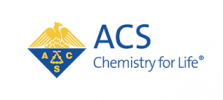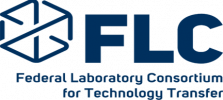Polypeptides for Stimulation of Immune Response (Adjuvants)
HMGN polypeptides belong to the high mobility group (HMG) family of chromosomal binding peptides. HMGN polypeptides typically function inside the cell nucleus to bind to DNA and nucleosomes and regulate the transcription of various genes. HMGN polypeptides also can be released by peripheral blood mononuclear cells. However, the extracellular release of a HMGN polypeptide initiates activation of the immune system. Therefore, it has potential use as a biological therapeutic for stimulating an immune response.






